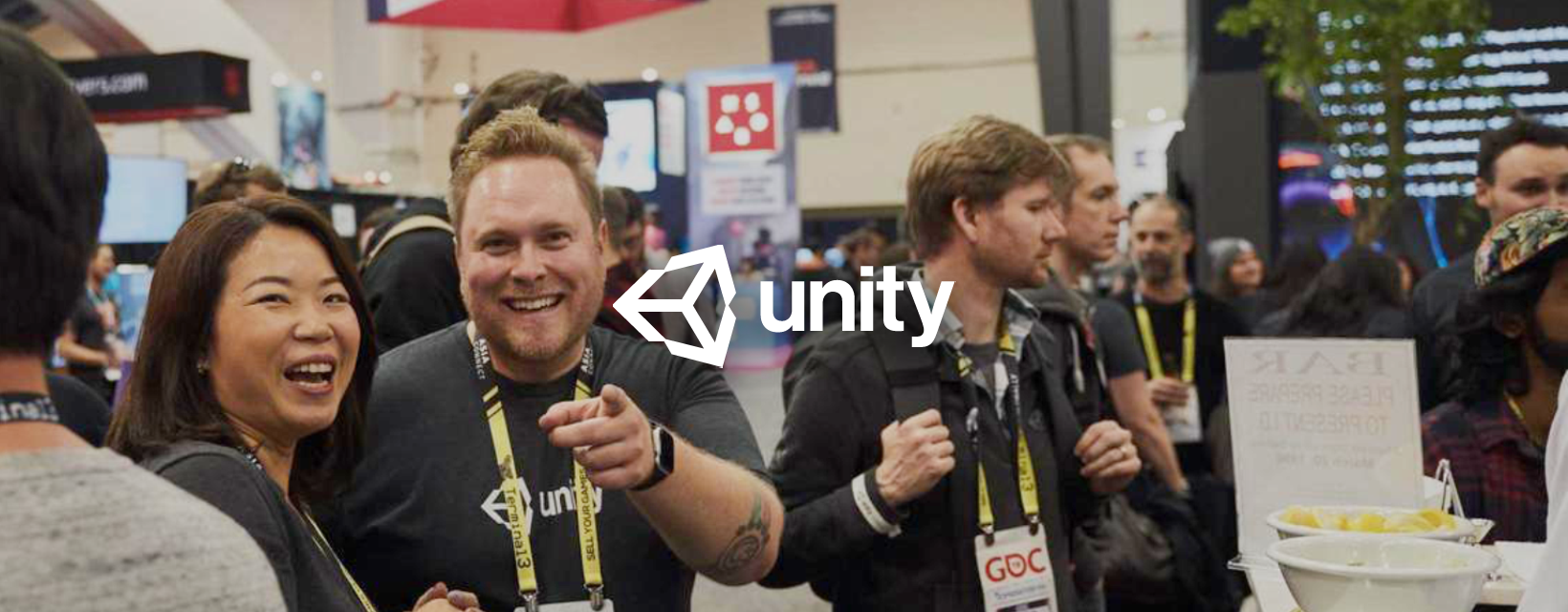We recently surveyed 54 Unity developers to get a better sense for how they’re using the product, expectations for future spending, and competition with Unreal. Our survey results indicate increasing spend from developer ahead, which was reflected in Unity’s latest earnings. Our top takeaways:
- The vast majority of Unity developers plan on increasing their spend with the company. 81% of respondents expect their spending with Unity to increase over the next 12 months. In addition, 95% of Unity Pro and Enterprise users expect to add subscription seats in the next 12 months. We believe this demonstrates a high degree of customer satisfaction and highlights an opportunity for the company to continue to grow in its core gaming vertical.
- Unity’s Operate Solutions products have a higher than expected attach rate. The average respondent uses 4.1 additional Unity products. We had expected the attach rate to be in the low 3’s in terms of Operate Solutions products used. As a reminder, Operate Solutions products are typically monetized on a pay-per-usage basis.
- Unity is the platform of choice for developers using both Unity and Unreal Engine, with 85% of respondents preferring Unity. While this isn’t representative of market share, it highlights Unity’s value to developers. We also believe it correlates well to Unity’s focus on balancing ease of use with the power of the software.
Unity Developer Survey 11 2020 Web
Recap of Unity’s Q3 Earnings
Unity reported earnings for its first quarter after going public last week. The company posted revenue in the September quarter of $200.8 million vs Street expectations of $186.9 million, up 53% year-over-year. The company also provided guidance for the upcoming quarter. Unity expects revenue for 2020 to reach $752-756 million for the full year vs the Street at $736.7 million, which implies revenue growth of about 40% from the prior year.
Bottom Line:
We remain believers in Unity as the company continues to capitalize on the three core elements of our long-term thesis:
- Gaming as a Social Network. Gaming is now established as a “third place” where Millennial and Gen Z consumers spend time.
- Merging the Physical and Virtual Worlds. We believe that the physical world will be transformed more rapidly by thinking about it more like a game. Industries outside of gaming use Unity to create unique digital outputs that increase the effectiveness and efficiency of their work, ultimately saving time and money.
- Augmented and Virtual Reality. AR and VR provide long-term optionality for Unity, as the emergence of both technologies will create an acute demand for rich 3D experiences.
